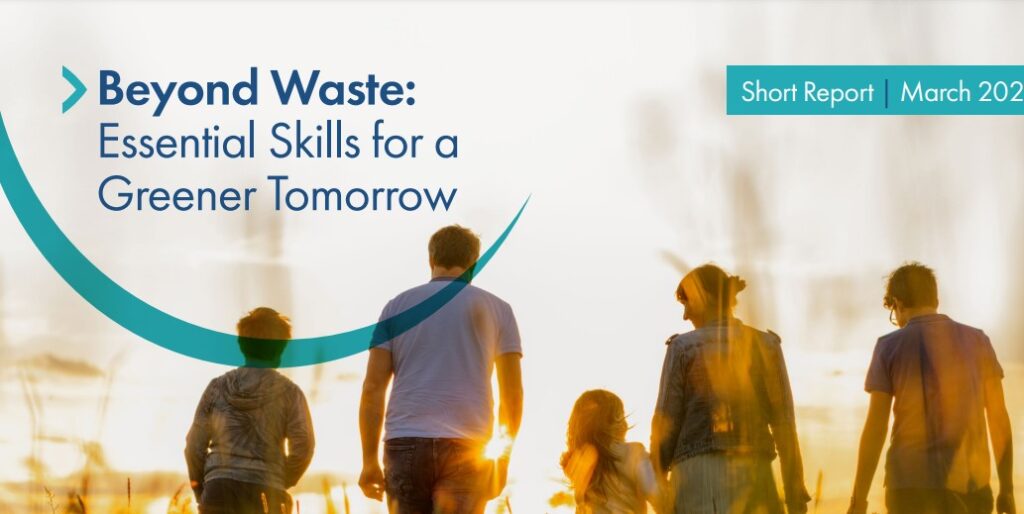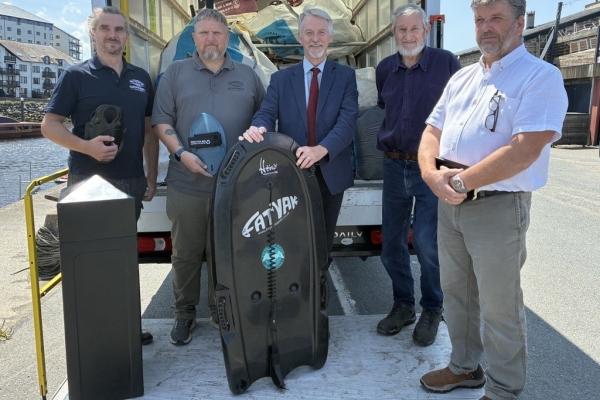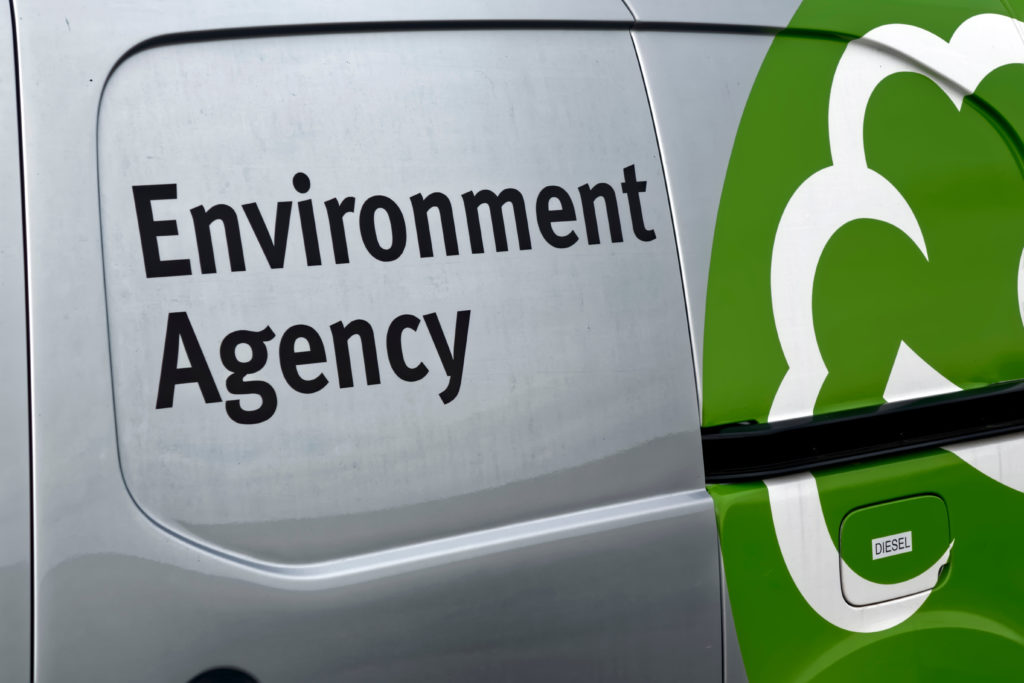
In a report titled ‘Beyond Waste: Essential Skills for a Greener Tomorrow’, the CIWM estimated that 240,000 new roles by 2040 will be created with existing policy to promote a more sustainable use of resources.
The body has called for government support in three ways: increasing sector attractiveness; policy acceleration and timeframes; and creating a green skills fund.
CIWM’s professional services director, Katie Cockburn, said: “The transition to a greener, more circular economy is not optional if we are to save our planet and unlock the economic and social potential of green growth.
“The UK waste and recycling sector is central to achieving this aim but, without additional support, we’ll be unable to resource our services with the right people, with the right skills, at the right time. Government funding provided today will mean that the sector is able to unlock its potential as powerhouse of economic growth and green job creation. In doing so, we will ensure that our finite and valuable resources are managed sustainably for the benefit of generations to come.”
Report
The report was put together using a range of different methods to collate the necessary evidence, views and “informed estimates”.
These approaches included a workforce survey, structured interviews, a wide-ranging literature review and workshop feedback sessions with members of CIWM.
More than 60% of survey respondents indicated that their organisation had struggled to recruit for specific roles in the last year.
It also forecasted the sector will have 89,000 vacancies between 2020 and 2029.
Attractiveness
CIWM’s research indicates that the sector is “not often seen as an attractive option for future careers”. This is partly due to the perceptions of working with ‘waste’, but also because of a lack of understanding of what the sector delivers and the breadth of roles available.
The report explained that current careers advice at all levels does not highlight the range of roles available or how important the sector is to delivering the UK’s environmental commitments and economic growth.
Clear timeframes for policy implementation, according to the report, “will provide much needed confidence and make the sector more investible”.
The CIWM also said new funding must be unlocked to attract people to the sector. Creating a Green Skills Fund would allow government “to prime the transition to a more circular economy”.
Our sector is at the heart of delivering net zero
- Dr Adam Read, CIWM
‘Collaboration’
Dr Adam Read, immediate past president and trustee, of the CIWM and chief external affairs and sustainability officer at Suez, said: “Many of us working in the sector recognise the risks and opportunities that face our colleagues across the sector, and specifically for the members of CIWM, from a sector in rapid transition.
“Our sector is at the heart of delivering net zero, enabling mass scale industrial and commercial transformation of supply chains whilst empowering entrepreneurs and innovators to develop the technologies and business models of tomorrow.”








Subscribe for free